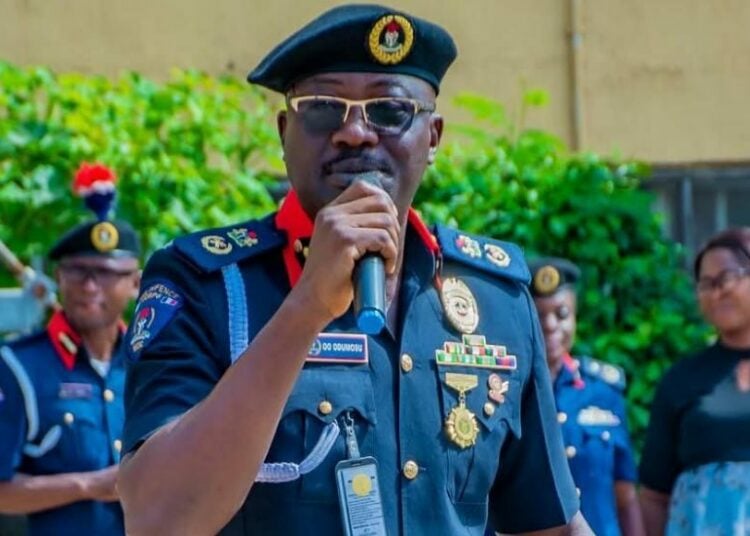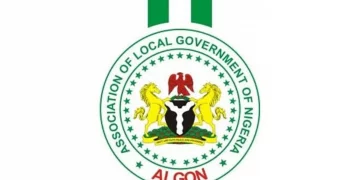The Nigeria Security and Civil Defence Corps (NSCDC) Federal Capital Territory (FCT) Command has announced strict compliance with the Cybercrime (Prohibition, Prevention, etc.) Act 2015 in investigating and prosecuting offences targeting the nation’s Critical National Information Infrastructure (CNII)
The FCT Commandant, Dr Olusola Odumosu, announced a one-day workshop for officers from ICT, Intelligence, Investigation, Legal, and Area Command units, equipping them with the legal framework to safeguard CNII.
Odumosu explained in a statement signed by the command’s acting public relations officer, DSC Monica Ojobi, that vandalism or theft of fibre optic cables, transmission towers, and other ICT assets has previously been prosecuted under general theft laws, which fail to capture the national security, economic, and strategic implications of such crimes.
“CNII spans telecommunications, finance, energy, transportation, and defence networks. Any disruption can compromise security, the economy, and public safety,” he emphasised.
The workshop, according to Odumosuu, reflects directives from the Corps Commandant-General, Prof. Ahmed Abubakar Audi and the Office of the National Security Adviser, focusing on proactive protection of national assets. Odumosu urged participants to cascade the knowledge to all officers to ensure a secure and resilient digital infrastructure.
He noted that some individuals apprehended for vandalising or stealing Critical National Information Infrastructure (CNII), including fibre optic cables, transmission towers, communication bases, switching stations, and other ICT-related assets, are still being prosecuted under conventional theft or property damage laws. Such approaches, he emphasised, fail to address the serious national security, economic, and strategic consequences of tampering with CNII.
The FCT Commandant highlighted that CNII encompasses networks, systems, and facilities across telecommunications, finance, energy, transportation, and defence sectors, whose disruption could threaten national security, economic stability, and public safety.
He said, “CNII protection is a core mandate of the Corps,” he emphasised. “All hands must be on deck to secure these critical assets and ensure they continue to support the nation’s growth in this digital era.”
He described the workshop as more than a response to security threats, but a proactive measure to foster collaboration, innovation, and strategic planning, safeguarding the nation’s critical infrastructure from vandalism.
“It must be understood that cybercrime attacks are no longer just physical—cutting cables or damaging installations, but also include digital or hybrid system interference, unauthorised access, and data manipulation,” he warned.
He urged all participants to cascade this knowledge to officers under their command to ensure that vandalism is completely eradicated from the Federal Capital Territory.





